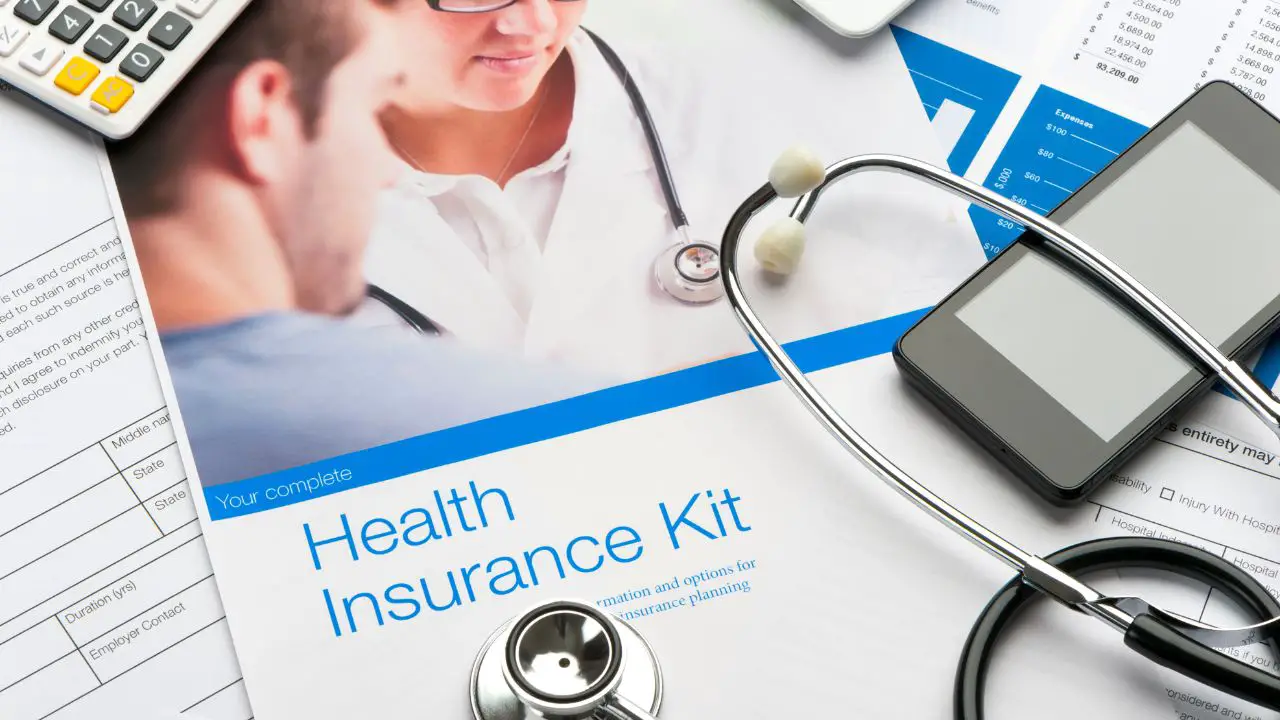Worried about food safety measures in restaurants or other food outlets? How do you contact an inspector for health?
This guide explains how to contact and collaborate with a health inspector. Doing this ensures everyone can enjoy safe food.
Health Inspectors are guardians of the public, customers and employees who come in contact with food-related businesses. They guarantee the safety of food and water, and make sure state, county and local guidelines are met. They inspect risks such as contamination, uncleanliness, and poor sanitation. Inspections check food prep areas, equipment, trash receptacles and handwashing areas.
To contact a health inspector, first check the city or county website or contact info. Also, contact the Department of Public Health or other municipal offices concerned with environmental health. Before speaking to an inspector, know what info to include so they can be ready for the inspection.
Reasons to Call a Health Inspector
A health inspector is an authority when it comes to health and safety in food-related businesses. Any business that handles food must meet certain standards to protect the public from illness or injury.
The job of the health inspector is to ensure these standards are followed. They do this by inspecting regularly and investigating customer complaints or reports of possible violations.
If you think the standards you have set may not be being met, call a health inspector. Reasons to call an inspector include:
- Not following food safety laws or regulations.
- Customers reporting illnesses from eating your food
- Equipment malfunctions that could lead to contamination
- Unsanitary kitchen/work area
- Signs of pests/infestations
- Questionable employee hygiene.
Understanding Health Inspection Regulations
It is essential to be aware of the regulations that guide food service operations, such as the Global Food Safety Initiative (GFSI). GFSI provides industry assurance and safe food handling practices. Moreover, local business industries, like restaurants, are regulated by health departments or code enforcement divisions.
During an inspection, the health inspector may ask questions regarding regular cleaning practices or any recent reports of contamination or illnesses. They may also request samples of food products or drinking water to ensure they meet safe levels of bacteria and viruses.
Therefore, it is important to maintain compliance with current health standards before and after an inspection. If safety regulations are not met correctly or conditions raise alarm regarding potential contamination, it is necessary to call a health inspector.
Preparing for a Health Inspection
Prepare for a health inspector’s visit. Know the laws and regulations that apply.
Organize all Food Safety Program materials.
Check all equipment works properly.
Deep clean before the inspection.
Make sure staff knows the inspection process.
Identify potential problem areas in advance. Address them before the inspection.
Finding and Contacting a Health Inspector
To contact a health inspector, first find out who the local one is. This could be from a county, city or state office. Searching online is a fast way to discover their contact details, or try local newspapers or your area’s government office.
Decide if it’s best to call or email the inspector. An email works well if there’s a lot of detail to give and documents to attach. But if it’s urgent or complicated, calling is better since you can get answers right away.
When sending a request, include all needed documents. After that, you’ll get a response with advice or when an inspection will take place.
Scheduling an Appointment with a Health Inspector
Ensure your business follows safety and health regulations by scheduling an appointment with a health inspector. The size and type of your business determines which regulatory agencies are responsible for inspecting your facility.
Gather documents like property permits, licenses, certificates of occupancy and registration forms prior to the inspection. Contact local health departments or state agencies for more information about what is required.
Contact qualified health inspectors from relevant regulatory agencies. Use online services to help find a professional who can inspect commercial properties in your area. You can also call the licensing board office or other agencies for a list of certified professionals.
Inspections can be scheduled soon after approval from governing bodies or licensing boards. It may take several weeks, depending on your business needs. Review applicable regulations to avoid delays when setting up an appointment.
Following Up After a Health Inspection
After a health inspection, follow up with the inspector if any violations were found. Get in touch with the local or state health department. You can ask about the type and scope of corrections to be made, potential fines that may be assessed.
When you call the health inspector, have your inspection report ready. Note who conducted the inspection. This is important because some states may allow inspectors from private companies certified by the state.
Write down your questions and have them ready before calling. Common topics discussed after inspections include:
- How much time is needed to correct violations?
- Are there any fines for noncompliance?
- What about checklist items marked “not applicable”?
- Additional training for staff involved in food prep/handling/serving?
- What happens after violation corrections are made?
- Do certain businesses need to have liability insurance?
Conclusion
Be sure to contact the health inspector’s office, then confirm the scheduled inspection. This can be done by email or speaking with a staff member.
When the inspector arrives, give them access to all parts of the premises. Understand which items are being inspected and make sure you comply with relevant regulations and laws. Address any problems prior to the inspection to avoid issues.
Finally, follow up with the inspector promptly after they have finished, to resolve any issues quickly. Taking these steps will ensure the health inspector call goes smoothly.





